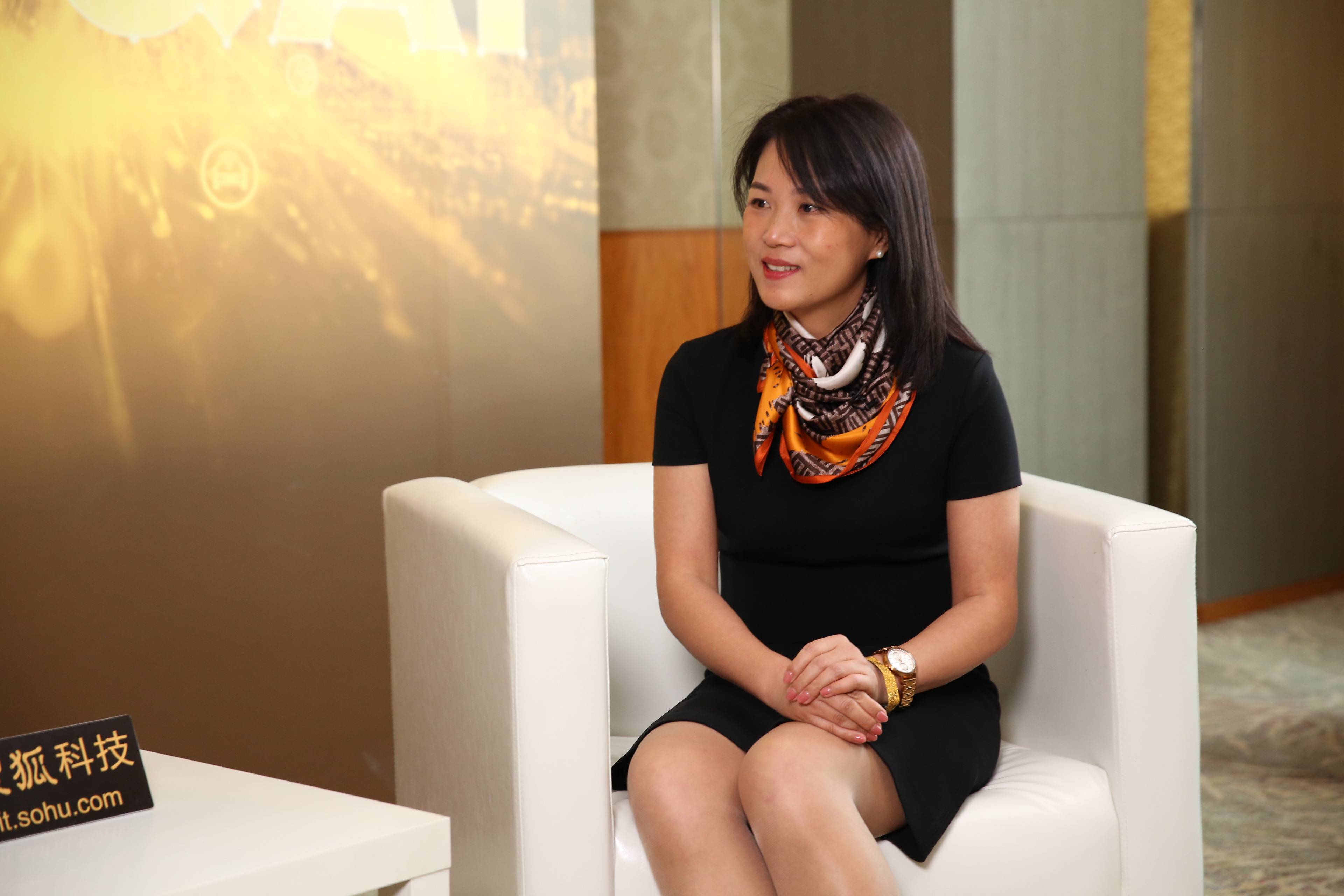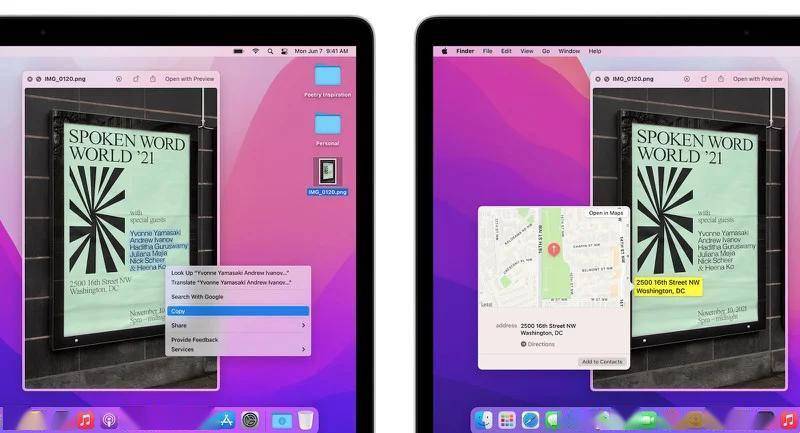
Produced|Sohu Technology
Author | Song Wanxin
Edit|Yang Jin
On May 17, the 2021 Sohu Technology 5G&AI Summit was grandly held in Beijing. As a guest, Chen Zhiping, Vice President of ZTE Corporation, participated in the roundtable forum with the theme of “New Infrastructure, New Intelligent Manufacturing”. After that, she accepted an exclusive interview with Sohu Technology, and gave detailed answers to the development process of C-end consumer-level applications after 5G commercialization two years later.
Since the first year of 5G commercial use in 2019, 5G has gradually moved from abstract technology to concrete application level, but from the consumer side, users’ perception of 5G is still not strong in two years.
Chen Zhiping pointed out that this is mainly due to the fact that on the one hand, the network itself has not been built to the coverage and coverage of the 4G era. On the other hand, if we are committed to developing applications that allow users to perceive differentiation, in addition to network optimization, Differentiated terminals are also needed.
In addition, although industry applications have entered a golden period this year, Chen Zhiping believes that there are still huge challenges, which are mainly reflected in the process of integrating industry scenarios with 5G and ICT technologies.
“From the perspective of enterprises, or from the perspective of the 5G empowerment manufacturing industry, I think machine vision has the most star potential among the current industry applications.” Chen Zhiping said that the application of machine vision at the industry level is already relatively mature. degree. Taking ZTE Corporation as an example, in the Binjiang manufacturing base, machine vision was successfully applied to the quality inspection of the production line, resulting in a 97% improvement in product quality.
The following is a concise compilation of the interview record:
Sohu Technology: 5G has been in commercial use for two years, but the perception of it at the C-end user level is still relatively weak. What caused it? What do you think of the two-year history of commercial development?
Chen Zhiping: China’s 5G development is very fast. According to recent data, there are currently more than 1.1 million 5G base stations in the world, and China has almost 800,000. China’s 5G applications should be said to be in the forefront of the world. Now everyone feels that 5G applications are not so sensible, and everyone’s perception of applications is not so high. In fact, on the one hand, the network itself has not yet reached the coverage and coverage of the network construction in the 4G era, including the improvement of our performance experience, and the experience of those in the 4G era has reached a level where the experience is relatively thick. There is still a period of time to develop. The development of any technology requires a long period of time to accumulate. This is one reason.
There is another reason. In terms of 5G applications, we are still looking forward to the emergence of some differentiated applications that will allow users to perceive the emergence of differentiated applications. This aspect belongs to the network and needs to be further optimized. On the other hand, there are some brighter expectations. The emergence of differentiated terminals, and now there are some AR and VR, this innovation has to be accelerated before the C-side applications can be perceived.
B-side applications may face greater challenges. This application also involves the in-depth opening of the industry to the industry itself, to the scene, and then effective integration with 5G. Only in this way can 5G be truly empowered in the industry and help business owners improve efficiency. , Cost reduction, and quality improvement, truly rest assured, worry-free and happy for business owners.
Sohu Technology: What exactly do you mean by the challenges faced by the B-side application?
Chen Zhiping: The application of the B-side, it belongs to the golden period of development layout. Taking ZTE as an example, we first effectively combine 5G applications with production and manufacturing scenarios in our own production and manufacturing links. For example, algorithms like machine vision plus 5G plus AI can improve the quality of our manufacturing links, including the improvement of personnel efficiency, the reduction of costs, and the connection of data throughout the production chain. This is One.
In addition, we have also achieved the combination of 5G and our industrial manufacturing robots, and used some flexible technologies to make production and manufacturing more intelligent.
In the 2B industry, the biggest challenge lies in the integration of industry scenarios and 5G technology with our ICT technology. There are technical challenges to solve and accumulate. There is also a talent for experts. The collision of cross-professional concepts and knowledge, as well as our teamwork approach to overcome these difficulties, reach a consensus, and establish a working mode of mutual cooperation and mutual trust. This is also one of the challenges that we have to solve.
There is also more that companies need to build such a long-term development confidence, determination and patience.
Sohu Technology: What are the current “star applications” in the 5G field? Which is the easiest to scale in the short term?
Chen Zhiping: From the perspective of enterprises, or from the perspective of the 5G empowerment manufacturing industry, I think machine vision has the most star potential in the current industry applications. Machine vision has been successfully applied to the quality inspection of production lines in ZTE’s intelligent manufacturing base and the Binjiang manufacturing base, resulting in a 97% improvement in product quality. Moreover, there is another application in our machine vision. We not only use it ourselves, but also as an abstract industrial application component. It has been successfully applied to the chemical fiber industry, metallurgical industry, including ports, including steel, and power grids. Including transportation, in fact, in various industries, the combination of machine vision and 5G, and the combination of AI algorithms, its application fields are relatively wide, and relatively speaking, its maturity is relatively high. Moreover, it can quickly make enterprises feel the value of reducing costs, improving quality and increasing efficiency.
Sohu Technology: It is said that 2019 is the first year of 5G. How do you define the development stage of 5G this year?
Chen Zhiping: This year should be the opening year and golden year of the 5G empowerment industry layout.
Sohu Technology: In the past 7 years, ZTE has invested more than 10 billion yuan in research and development every year, and its 5G standard essential patents rank among the top three in the world. What is ZTE’s plan for 5G next?
Chen Zhiping: In the 5G area, we have always emphasized the down-rooted approach to build continuous investment in the field of basic technology research and build one of our technological competitiveness. On the one hand, we hope to understand the 5G technology thoroughly, and then use its application technology, connection technology, and algorithm, intelligent calculation and storage, to extend the extension, we call the pan-5G technology wider and deeper.
In addition, we also emphasize that in terms of 5G applications, starting from ourselves, opening up the scene of industrial manufacturing, in our own 5G manufacturing base, to combine these 5G applications with our production links, using 5G to manufacture 5G, and to use 5G technology. These solutions for industrial manufacturing and our industrial components, solidify, abstract, and reproducibly apply to other industries. This is our own practice.
On the 5G application side, we are also working with our industry partners to explore and practice, and promote everyone to build an ecosystem of 5G applications. We are also willing to open up our atomic capabilities to companies in the industry and partners in the industry to promote the digital transformation of the entire industrial manufacturing and thousands of industries outside of the industry. This is why ZTE calls itself the position of a digital economy road builder in the digital age. We are willing to be the helper and promoter behind enterprise applications and digital transformation, and help everyone build an industrial ecosystem together.




























































You must log in to post a comment.